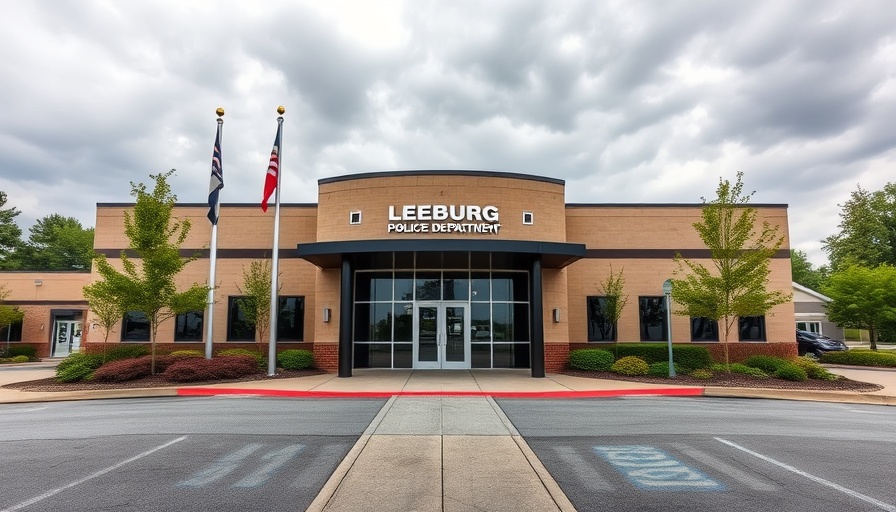
Judge Blocks Trump’s Executive Orders on Sanctuary Cities
In a significant ruling that underscores the contentious relationship between federal and local authorities, U.S. District Judge William Orrick has blocked the Trump administration's attempt to deny federal funds to sanctuary cities. This decision, delivered on April 24, 2025, comes after San Francisco and over a dozen other municipalities challenged the executive orders aimed at punishing jurisdictions that limit cooperation with federal immigration enforcement.
The Legal Background of Sanctuary Policies
Sanctuary cities operate under policies designed to limit their cooperation with Immigration and Customs Enforcement (ICE). While no official definition exists, these policies generally protect undocumented immigrants from deportation by restricting local authorities from engaging in federal immigration enforcement activities. The conflict has intensified, reflecting broader tensions around immigration reform and community trust in local governance.
Implications for Law Enforcement and Public Safety
The ruling has immediate implications for law enforcement agencies across the nation. Federal funding can significantly affect local police budgets, which often depend on grants and financial support. By preserving these funds, localities can continue to implement programs aimed at community policing, officer wellness, and police training programs without the looming threat of cuts. This decision affirms the necessity for local law enforcement to maintain trust with their communities, essential for effective policing.
Public Reaction and Community Trust
The response from community leaders has been largely positive. According to Tony LoPresti, counsel for Santa Clara County, the ruling affirms local governments' ability to serve their communities without federal overreach. Maintaining community trust is paramount for law enforcement, especially given the rising concerns about police accountability, use of force, and community relations. This ruling can pave the way for a more balanced approach in handling local immigration cases, where enforcement is handled with sensitivity and understanding.
Potential Future Developments in Immigration Policy
As the landscape of immigration policy continues to evolve, this ruling signals potential changes ahead. Legal analysts suggest that if the Biden administration's approach focuses more on humanitarian support, law enforcement can better align with community values. Ongoing discussions about police reform and public safety will only become more relevant as more cases arise against executive orders that challenge local governance.
Broader Implications for Law Enforcement Policies
This injunction highlights the critical nature of law enforcement policies that balance federal mandates with local needs. Policymakers must consider how best to serve their communities while navigating complex federal laws. Emphasizing partnerships between federal and local law enforcement can lead to more favorable outcomes for public safety initiatives.
Despite the ruling's support for sanctuary policies, U.S. Transportation Secretary Sean Duffy's warning reminds local agencies of the need to comply with federal laws. The road ahead may bring more scrutiny of sanctuary cities, and law enforcement agencies will need to remain vigilant in navigating this politically charged environment.
Conclusion and Call to Action
As this situation develops, law enforcement agencies, policymakers, and community leaders must engage in constructive dialogue around the intersection of immigration and public safety. This ruling is more than a legal decision; it is a chance for proactive community engagement. Do not hesitate to seek out training and resources that foster better police-community relationships. Stay informed and involved in the ongoing discussions around law enforcement practices and policies to ensure a fair and just approach for all.
 Add Row
Add Row  Add
Add 

 Add Element
Add Element  Add Row
Add Row 




Write A Comment